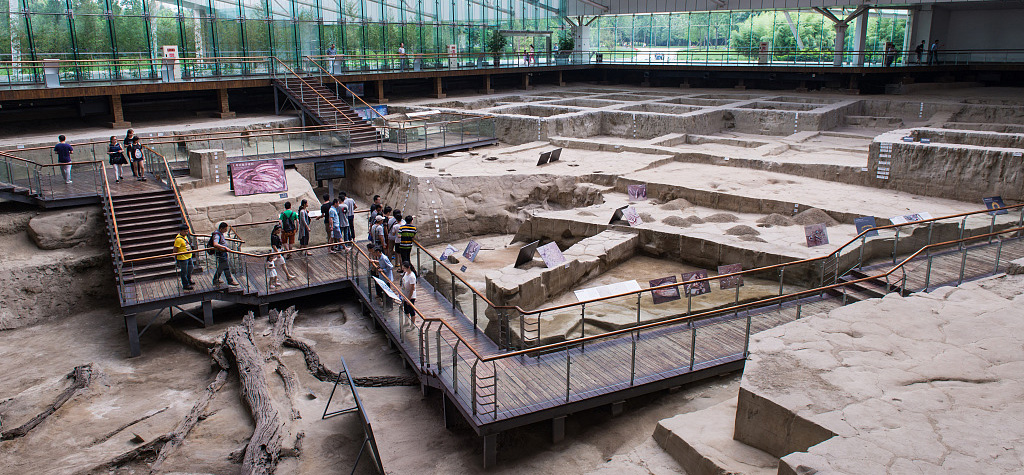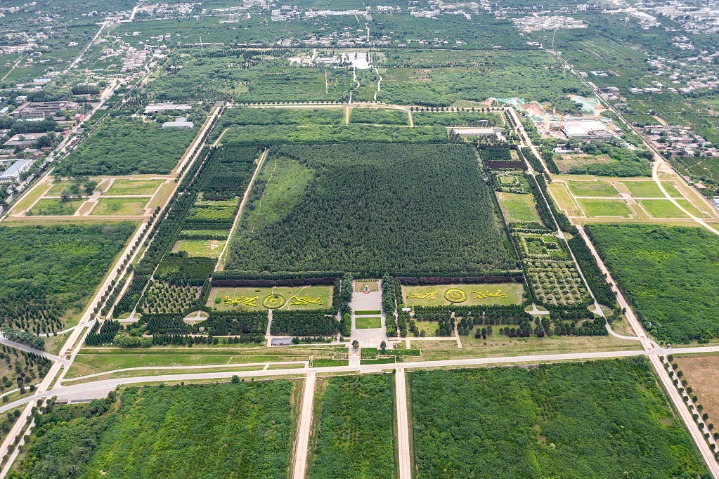
Emperor Qinshihuang’s Mausoleum National Archaeological Site Park
Located at the foot of Lishan Mountain, the Emperor Qinshihuang’s mausoleum ranks top among China's imperial tombs with grand scale and rich funerary objects.
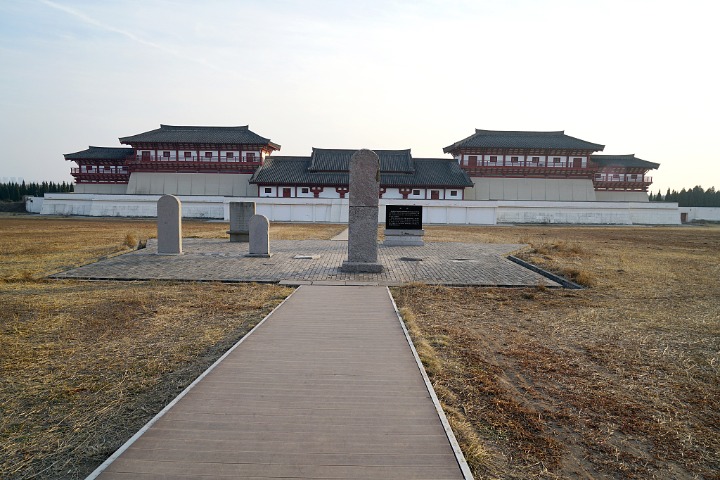
Han Dynasty Yangling Mausoleum National Archaeological Site Park
The Han Dynasty Yangling Mausoleum is built on the remains of the tombs of Liu Qi, the Han Dynasty (206 BC - AD 220) Jingdi Emperor (r. 156-141BC) and his wife Dowager Princess Wang. Liu unveiled the first flourishing age of ancient China, the Rule of Wen and Jing Emperors.
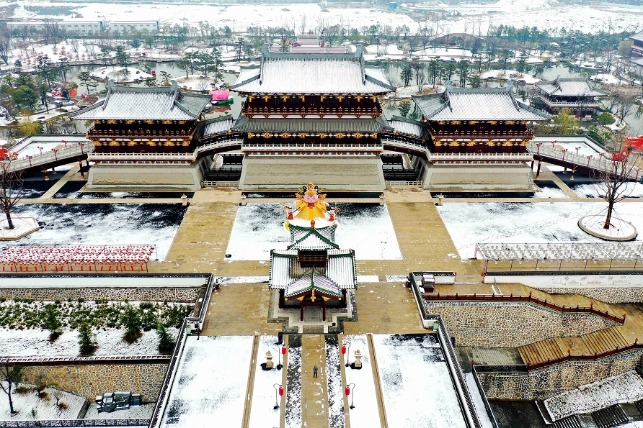
Suitang Luoyang City National Archaeological Site Park
The site park is located in the central area of today’s Luoyang city, which was the core zone of the imperial palace city during the Sui, Tang and the Northern Song dynasties (581-1127). It covers a vast area of 10.59 hectares.
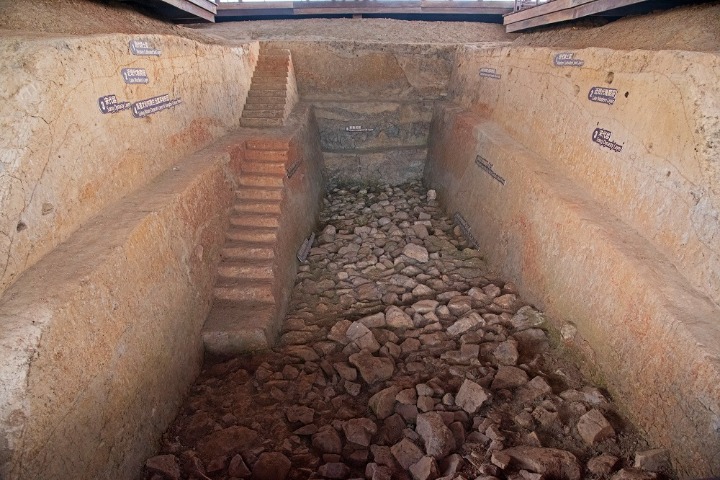
Liangzhu National Archaeological Site Park, Zhejiang province
Nestling in the glorious civilization of the same name, the Liangzhu Site is mainly located around Taihu Lake on the lower reaches of the Yangtze River, and was home to the peak of the local Neolithic culture. Its history can be traced back 5000 years.
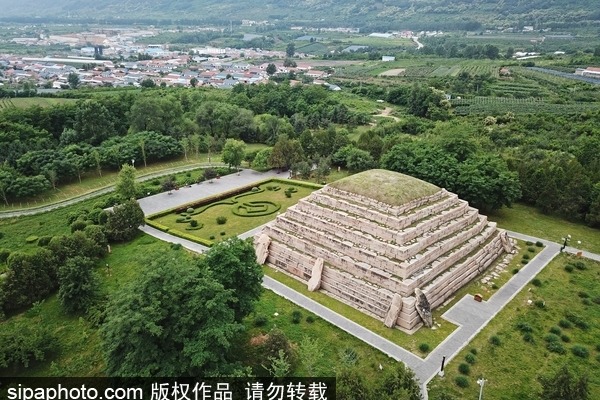
Ji'an Koguryo National Archaeological Site Park
Located in suburban Ji’an, Jilin province, the Koguryo archaeological park consists of core zones including the ancient Guonei City, the Hwando Mountain City, the General’s Tomb, the Gwanggaeto Stele, the Yushan Aristocratic Cemetery and the Koguryo Quarry as well as a dozen tomb sites.
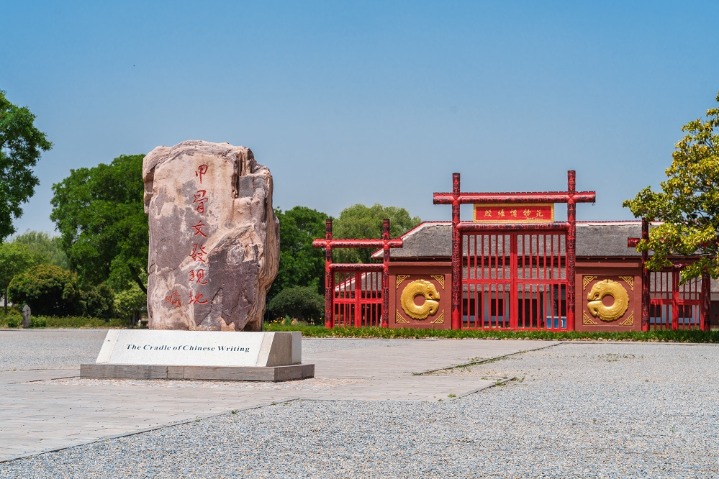
Yinxu National Archaeological Site Park
The Yinxu National Archeological Site Park employs multiple methods to preserve and exhibit the underground ruins and cultural relics. Meanwhile, the Yinxu Museum showcases a great number of moveable unearthed cultural relics, enriching the knowledge of all visitors to the site.
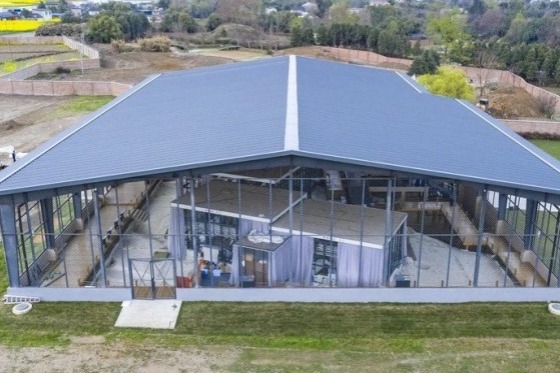
Sanxingdui National Archaeological Site Park
Located along the Yazi River of Guanghan city, Sichuan province, the Sanxingdui Site is a ruins group of the Bronze Age that is centered on an ancient city and embraced by dwellings, tombs and other small and medium-sized sites.
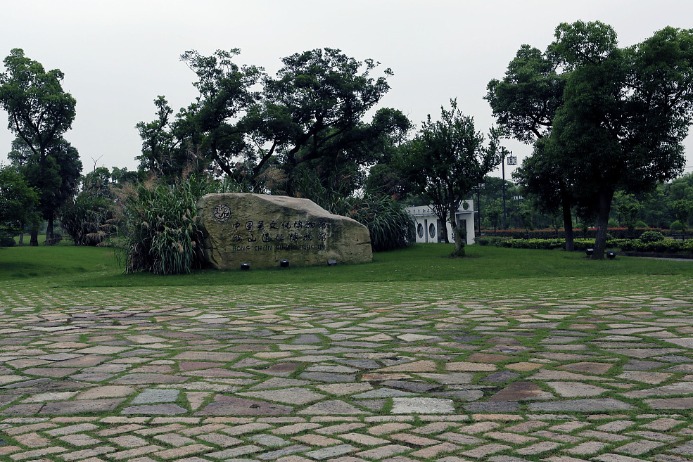
Hongshan National Archaeological Site Park
The discovery of the Hongshan Site was a complete unveiling of the burial rules for aristocratic tomb complexes of the Yue Kingdom (3032-222 BC), particularly during the period between the Spring and Autumn Period (770-476 BC) and the Warring States Period (475-221 BC).
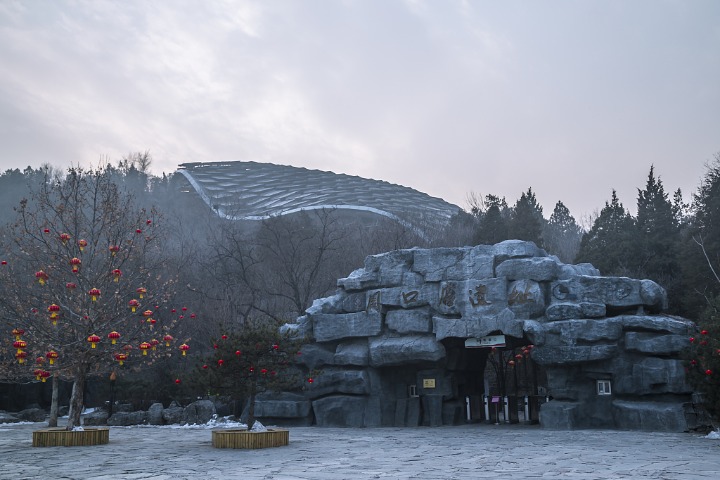
Zhoukoudian National Archaeological Site Park, Beijing
Focusing on the site preservation, the Zhoukoudian Archaeological Site Park integrates the roles of research, science popularization education and tourist attraction. Its simple and lively designs not only effectively protect all the sites, but also make for a harmonious unity with the surroundings.


